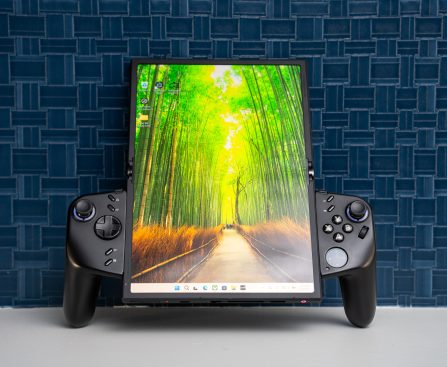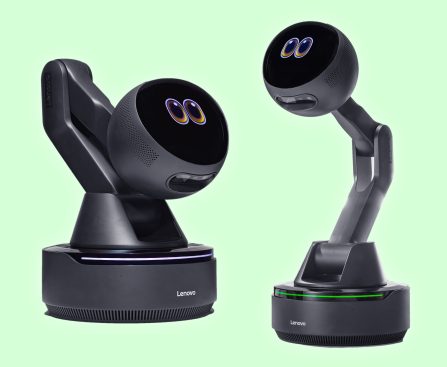Technology is evolving at such a rapid pace that it’s soothing to take a moment and nostalgically reflect on the gadgets of the past. It’s tough to find tech more quintessential than that from the ’80s.
The ’80s produced a multitude of devices and inventions that transformed the tech landscape, including the Nintendo Entertainment System and the Sony Walkman (which technically launched in late-1979, but its widespread appeal didn’t surge until 1980). Many younger individuals today may never have the chance to engage with these devices, yet the right piece of ’80s technology can evoke strong feelings in the older demographic, often referred to as “boomers” (not to be confused with the Boomers from “Gears of War” or “Left 4 Dead”). They might experience a flood of nostalgia as they remember their first cellphone experience or irritation recalling how their kids incessantly requested a gadget that turned out to be fleeting.
Here are some examples of technology that has either been phased out or is now outdated, likely stirring emotions in individuals aged 62 to 80.
The Clapper
Long before smart home devices could be operated via smartphones, engineers were experimenting with ways to control lights without manually switching them. The Clapper stands out as perhaps the most iconic example.
Launched in the mid-’80s, this sound-activated electrical switch was operated by — you guessed it — clapping your hands. A clap would allow electricity to flow to the connected device, while another clap would halt it; users could even modify the number of claps to switch between outlets or program the Clapper to respond to any sound.
The Clapper’s widespread appeal contributed to its success. It was accessible for seniors and those with mobility challenges to manage lights, but it also served anyone whose bed was positioned far from the switch. However, the true driving force behind the Clapper’s popularity was its budget-friendly TV ad that made the phrase “Clap on! Clap off!” memorable. This catchy campaign left a lasting impression and ensured the Clapper remained in the memories of nearly everyone who experienced the ’80s.
Pagers
Although the pager was invented in the early 1920s, its peak popularity occurred in the ’80s. Pagers are quite straightforward: They buzz to notify you that you have a message from a phone number or email, and they also show the sender on an LCD display. That’s about it. You can’t reply via a pager, but you can gracefully step away from social gatherings without creating a disturbance with unnecessary chatter or jarring ringtones.
While smartphones have largely replaced pagers because they allow for immediate responses to incoming messages, pagers still retain a niche in modern communication. Unlike smartphones, pagers don’t require a cellular or Wi-Fi connection and actually face less latency.
While some people continue to utilize pagers — particularly in emergency services — a larger number favor smartphones due to their user-friendliness. Additionally, when comparing the number of companies still producing pagers and offering paging services to those in the smartphone market, it’s clear that although pagers are not entirely obsolete, they are indeed becoming rare.
DynaTAC Cellular Phone
Nowadays, we often take cell phones for granted, in part because they’re woven into our everyday existence — you can even employ them to print label stickers and stream music. However, during the ’80s, cellphones were a novel innovation, and using one would capture people’s attention. Mainly because the DynaTAC Cellular Phone, the world’s first cellphone, resembled a hefty brick.
Since DynaTAC phones predated items like the Nintendo Game Boy, creators weren’t focused on adding entertainment features. The DynaTAC cellphone was a basic device, priced in the thousands, with a battery life limiting it to just 30 minutes of use. And you thought that smartphone apps like Netflix drained your battery. Regardless, the unparalleled freedom the DynaTAC offered led to its immense success, and its design was iteratively improved until it paved the way for the first flip phone: The MicroTAC 9800X.
Despite being terribly outdated by today’s standards, the DynaTAC endures in spirit through modern mobile phones and within any media set in the ’80s that illustrates characters using brick-like wireless devices.
The Power Glove
While numerous gadgets from the ’80s are linked to joyful experiences, others, like the Nintendo Power Glove, bring forth deep-seated groans of frustration. This gaming accessory was a controller worn like a glove, representing Nintendo’s initial venture into motion controls. However, akin to many trendy attachments from that era, the device hardly functioned well. Users












